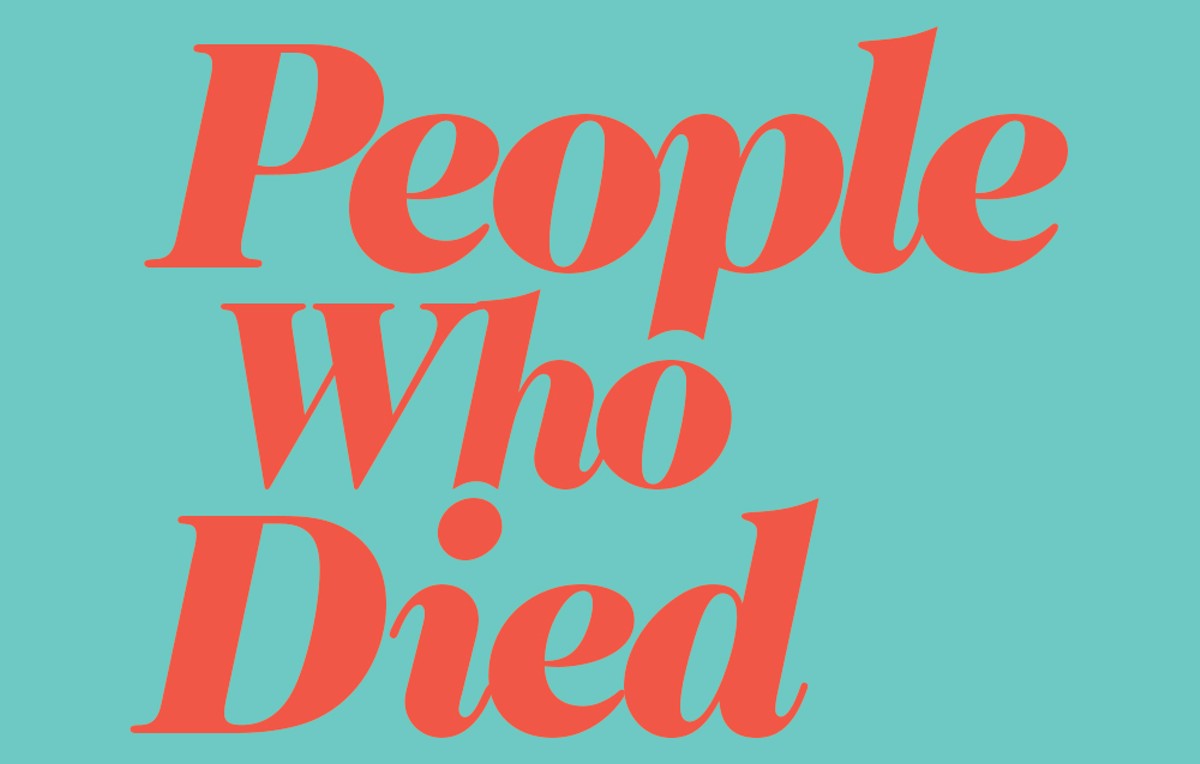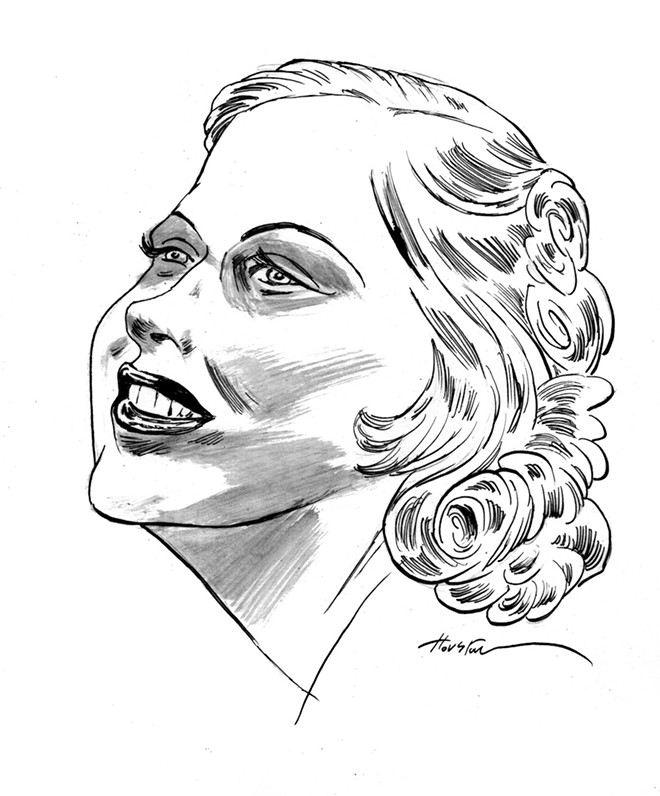Vladimir Voinovich, Soviet dissident and dystopian satirist
Sept. 26, 1932–July 28, 2018
By the time of his death, Vladimir Voinovich was never mentioned without some variation of his title: satirist. Sometimes it was "famed satirist" or even "master satirist." But the Russian writer, who spent his life alternatively fleeing and critiquing his homeland's leaders, told interviewers that he found the label exasperating. He saw himself as a realist.
"What I describe here is only what I saw with my own eyes," Voinovich writes in the introduction of his dystopian epic Moscow 2042.
Of course the book, described by one reviewer as "the Soviet Catch-22," is a ridiculous piece of fiction. The novel follows Russian dissident writer Vitaly Karsev, who essentially functions as Voinovich's stand-in as he bumbles his way into a time-traveling expedition 60 years into the future. He arrives in a Moscow governed as a city-state by "pure Communism," a system wherein bathrooms are under the jurisdiction of the "Bureau of Natural Functions" and newspapers are printed directly on toilet paper.
Above it all is the Generalissimo – a strongman keeping the population under control on the combined strength of religious dogma, a ludicrous cult of personality and the secret police.
The book was a hit in the West when it was published in 1987 (it was banned in Soviet Russia). Decades later, contemporary scholars noted that the novel's dystopian merger of the KGB, the Communist state and the church foreshadowed the rise of Vladimir Putin, creating a reality with odd parallels to the fictional Moscow of 2042.
Voinovich noticed the similarity too. "I think it's pretty close," he admitted to The Daily Beast in 2015.
By then, he had already lived many disparate roles: Born to a Jewish mother and journalist father, he served as a loyal Soviet soldier in World War II, a wannabe poet under Stalin, a dissident writer under Khrushchev and then a satirist in exile in West Germany, where he penned Moscow 2042. Welcomed home during the presidency of Mikhail Gorbachev, he finally attained acceptance in his own homeland.
And then, like an absurdist plot in one of Voinovich's own works, Putin took control. Once again, Voinovich became an outspoken dissident, as the author rebuked the regime's repression of the media and political opponents, as well as the war in Chechnya.
Indeed, Voinovich managed to live long enough to become his own sort of time traveler. In his final years, he witnessed a backsliding Russia controlled by bureaucrats who projected breathtaking confidence in their leader, even as the country's hard-won freedoms unraveled under that leader's fist.
"Next time, I'll write a utopia," Voinovich joked to an American crowd a few years ago. "People keep saying that all the bad things I write come true, so I'm going to write something good."
Instead, he suffered a heart attack. The master satirist died July 28. He left his prophetic gifts for the next generation of dissidents and trouble-makers – and stories of comic authoritarianism that, with each passing headline, seem less and less fantastical. — Danny Wicentowski
Mary Carlisle, the "baby starlet" who made more
than 60 films in a decade
Feb. 3, 1914-Aug. 1, 2018
A radiant 1930s film ingénue known for her fresh face, porcelain skin and blond hair, Mary Carlisle appeared in more than 60 films in the course of her short career, everything from Bing Crosby crooners to B-movie horror films – the last of which was the low-budget vampire thriller Dead Men Walk, released in 1943.
Born Gwendolyn Witter in Boston in 1912 or 1914 – according to the Washington Post, she would frequently say her true age was "none of your business" – she was discovered at 14 while eating lunch at Universal Studios with her mother. Studio executive Carl Laemmle Jr. saw her and demanded she be given a screen test, reportedly saying, "This girl has the most angelic face I ever saw." But it wasn't until after she completed her formal education – and bluffed her way into a chorus girl casting call at Metro-Goldwyn-Mayer, thanks to her uncle Robert's film connections – that she pursued a career on the big screen.
Her first part was an uncredited appearance in the Academy Award-winning 1932 drama Grand Hotel, starring Joan Crawford, Greta Garbo and John Barrymore.
That same year she was named a "Baby Star" – a PR designation for budding starlets deemed to be on the cusp of a big film career – by the Western Association of Motion Picture Advertisers, but Carlisle never found the same success as other "stars" like Clara Bow, the aforementioned Crawford or Ginger Rogers.
Continuously typecast as a wholesome virgin or upbeat gal in everything from college sports dramas to screwball musicals, including three with Crosby in a span of five years, Carlisle eventually retired from cinema after marrying British actor James Blakeley in 1942. "I've played sweet young heroines long enough," she said.
After her acting career, Carlisle managed the Elizabeth Arden salon in Beverly Hills. She died at the age of 104 (or 106, depending on who you ask) at the Motion Picture and Television Fund retirement community for actors in Woodland Hills, California. — Maija Zummo




















